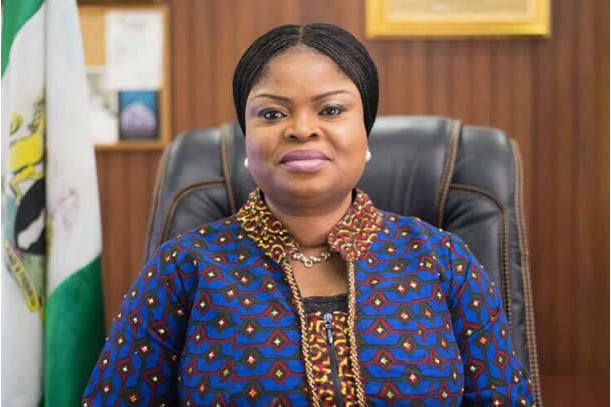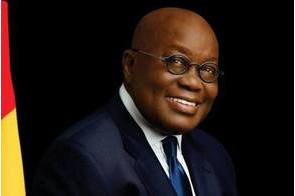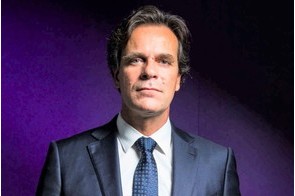UNDP launches digital tool for investments to achieve SDGs in Nigeria

Summary
According to UNCTAD, developing countries alone face an annual funding gap of $2.5 trillion to achieve the SDGs.
United Nations Development Programme (UNDP) Nigeria Country Office announced on Friday the launch of Sustainable Development Goals (SDG) Investor Map, a digital tool designed to identify investable solutions, making it easier to channel private investment and capital to achieve the SDGs.
The platform is part of SDG Impact, a UNDP Initiative that provides investors and businesses with country-level market intelligence and actionable investment opportunities. The SDG Investor Map for Nigeria will provide investors with localised insight into key sectors and Investment Opportunity Areas (IOAs) that could advance the SDGs in the country.
The 17 SDGs, also known as the 2030 Agenda for Sustainable Development, aim to address the world’s biggest challenges, including poverty, hunger, gender and education inequality, and climate change. According to the UN Conference on Trade and Development (UNCTAD), developing countries alone face an annual funding gap of $2.5 trillion to achieve the SDGs. This requires a greater role for the private sector to enable developing countries like Nigeria to achieve their objectives under the SDGS.
During the virtual launch of the SDG Investor Map for Nigeria, Minister of Finance, Budget and National Planning, Zainab Ahmed, reiterated that successful implementation of Nigeria’s sustainable development agenda requires innovative financing and meaningful private sector engagement.
“We must foster collaboration at the national and regional levels, between government, civil society, and the private sector and with international development and financial partner institutions. This is especially true given the challenging fiscal space and increasingly low domestic revenues post-COVID 19,” she said. “Tools such as the SDG Investor Maps, therefore, ensure that investors are empowered with accurate, country-specific information regarding investment opportunity areas.”
The launch of the digital tool was facilitated by the Business for Peace (BfP), a global foundation based in Oslo, Norway. The event paired investors with companies operating in Nigeria to build investment relationships and catalyse solutions in various sectors, such as renewable energy, agriculture and healthcare.
“The 2030 Agenda recognises that the private sector has a fundamental role to play if the world is to achieve the SDGs and ensure economic growth and poverty reduction that does not come at the expense of environmental damage, climate change and social and income inequalities” UNDP Nigeria Representative, Mohammed Yahya, said. “Filling this gap with readily available data about investment opportunities, approaches and practical investment enablers is critical in helping to bring in new investors and market-shapers to the table.”
Apart from Ahmed and Yahya, other participants at the event included Minister of Power, Mamman Saleh; Minister of State for Health, Olorunnimbe Mamora; Senior Special Assistant to the President on Sustainable Development Goals, Princess Adejoke Orelope-Adefulire; and BfP Managing Director, Marius Døcker.
"The Sustainable Development Goals serve both as input to corporate strategy and as a societal roadmap for economic growth, improved social justice, environmental stewardship and enhanced governance,” Døcker said. “Business for Peace is proud to partner with UNDP Nigeria in facilitating this important discussion and explore how various sustainability challenges can translate into investment opportunities across the country."
According to the UNDP, the development of the SDG Investor Maps follows an 8-step methodology to identify the most appropriate SDG-aligned business and investment opportunities. The process involves extensive research as well as consultations and validation exercises with key stakeholders. The innovative tool was successfully piloted in Brazil in 2019.
The process of developing the tool in Nigeria began with the identification of national policy priorities, critical sectors and subsectors. It identified 21 country-specific IOAs across the various sectors. Each IOA provides data points to inform investor decision-making.
Related
-
Ghanaian President launches pan-African SDGs innovation award
The Africa Innovates for the SDGs award is open to innovators from all African countries.
-
Reducing food loss and waste key to achieving SDG 2
Food waste is more prevalent in developed regions. Whereas, there is higher incidence of food loss in developing countries.
-
Can Africa overcome these three threats to its security and stability?
Security -- physical, water, food and cyber -- is likely to be one of the defining challenges in 21st century Africa.










